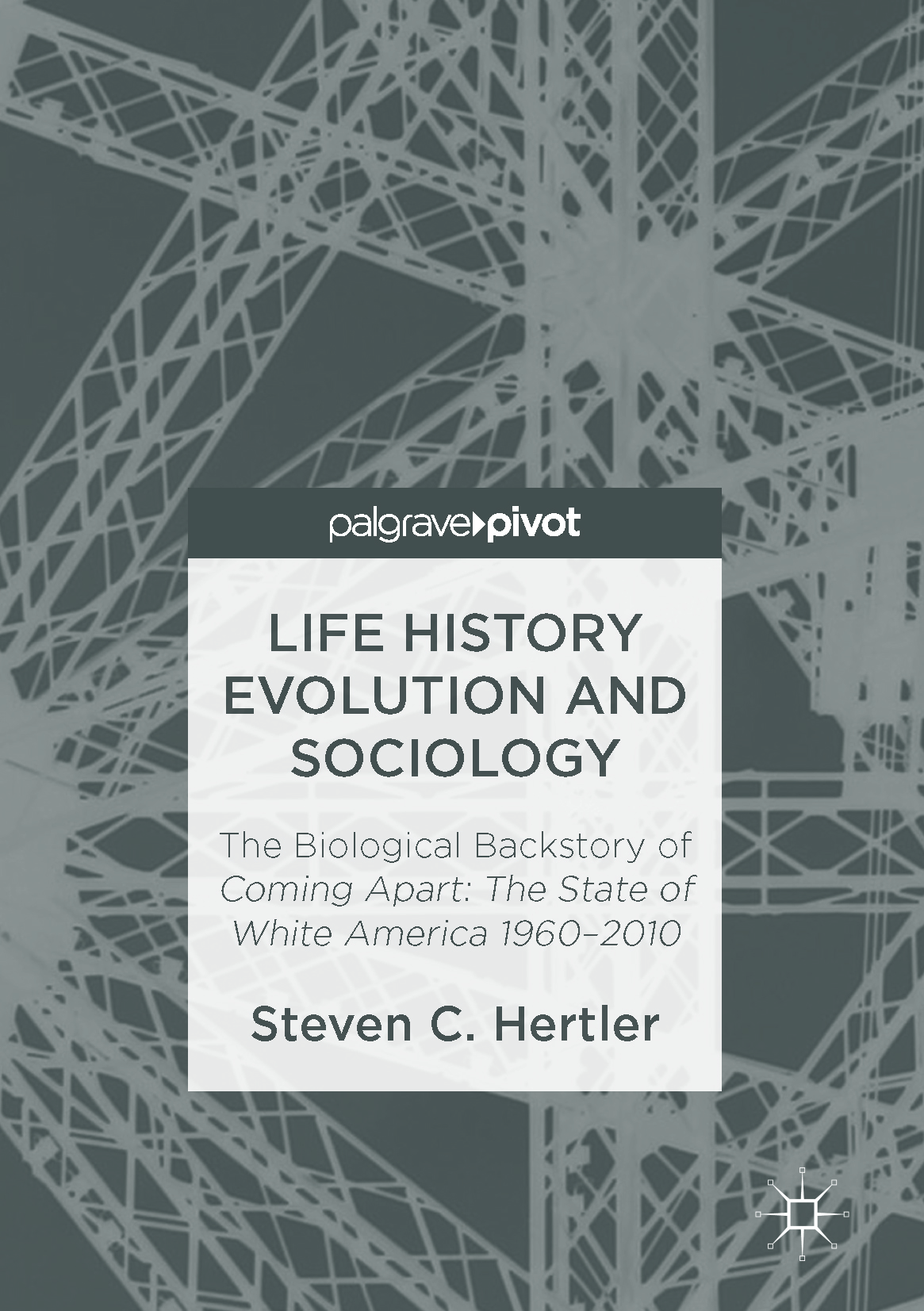Life History Evolution and Sociology by Steven C. Hertler

Author:Steven C. Hertler
Language: eng
Format: epub
Publisher: Springer International Publishing, Cham
Though as Hofstadter (1944/ 1992, p. 91) states, this only showed Darwin to recognize social philanthropy to alter the selective regime, and it did not follow that Darwin advocated eradicating the former to preserve the latter unchanged. The social instincts in mankind, altruism, sympathy, empathy, charity, and their like, what Darwin thought to be the “noblest part of our nature” (Hofstadter 1944/ 1992, p. 91), are pitted against positive eugenic selection, and even negative eugenic selection through inaction.
To those attempting to progress from understanding to application, it is not only important to question the humanity of means but the objectivity of ends. The same evolutionary perspective that explains r-selected behaviors refutes their absolute inferiority. This is not a species of relativism, moral, or postmodern. On the contrary, it is only inescapable logic of the most hard-nosed evolutionary variety. The false aegis of a Boasian10 explanation obscures the evolutionary origins of r-selected behavior, which in turn allows them to be judged inferior social ills. In contrast, evolution eschews the language of good and bad in favor of adaptive and maladaptive. It therefore follows that r-selected traits are not social ills, but adaptations to circumstances, just as white fur is an adaptation to snow covered turf. Equally, evolutionary understanding hamstrings pretensions to context-independent K-selected superiority. Evolutionary insight must marry explanation and implication. By this it is meant that one must not understand r-selected behavior as the evolved pattern it is, only to incongruously continue to think it objectively and absolutely inferior. At the risk of repetition for the sake of clarity, one can only say that K-selected behavior is superior relative to conducive environments and specific selective pressures. Alternatively, one must acknowledge that within other environmental contexts and under different selective pressures, r-selected behavior is superior. It follows, that in advocating for the K-selected values Murray laments the loss of, one is taking a position as a partisan engaging in value judgment. This is not to condemn the value judgment but only to deny to it the imprimatur of evolution.
Download
This site does not store any files on its server. We only index and link to content provided by other sites. Please contact the content providers to delete copyright contents if any and email us, we'll remove relevant links or contents immediately.
Rewire Your Anxious Brain by Catherine M. Pittman(18634)
Talking to Strangers by Malcolm Gladwell(13340)
The Art of Thinking Clearly by Rolf Dobelli(10410)
Mindhunter: Inside the FBI's Elite Serial Crime Unit by John E. Douglas & Mark Olshaker(9312)
Becoming Supernatural by Dr. Joe Dispenza(8195)
Change Your Questions, Change Your Life by Marilee Adams(7732)
Nudge - Improving Decisions about Health, Wealth, and Happiness by Thaler Sunstein(7689)
The Road Less Traveled by M. Scott Peck(7590)
The Lost Art of Listening by Michael P. Nichols(7486)
Mastermind: How to Think Like Sherlock Holmes by Maria Konnikova(7313)
Enlightenment Now: The Case for Reason, Science, Humanism, and Progress by Steven Pinker(7303)
Win Bigly by Scott Adams(7183)
The Way of Zen by Alan W. Watts(6591)
Daring Greatly by Brene Brown(6501)
Big Magic: Creative Living Beyond Fear by Elizabeth Gilbert(5745)
Grit by Angela Duckworth(5593)
Ego Is the Enemy by Ryan Holiday(5409)
Men In Love by Nancy Friday(5229)
The Laws of Human Nature by Robert Greene(5156)
